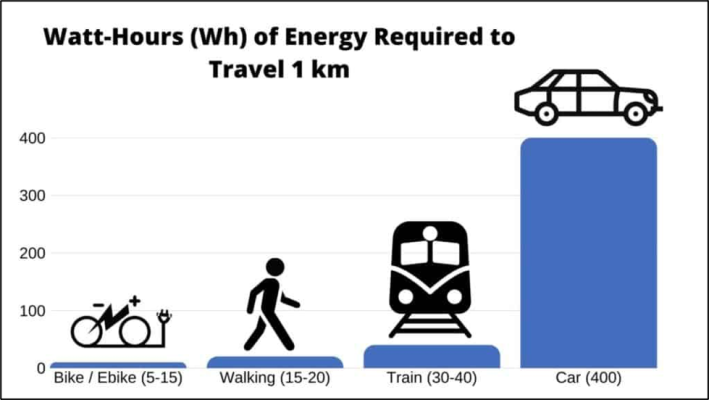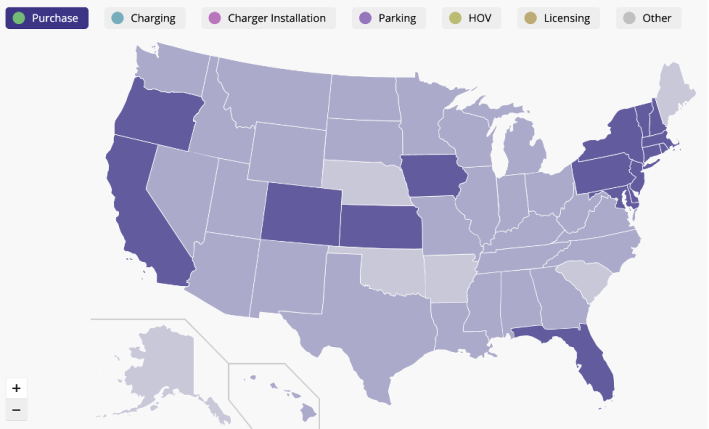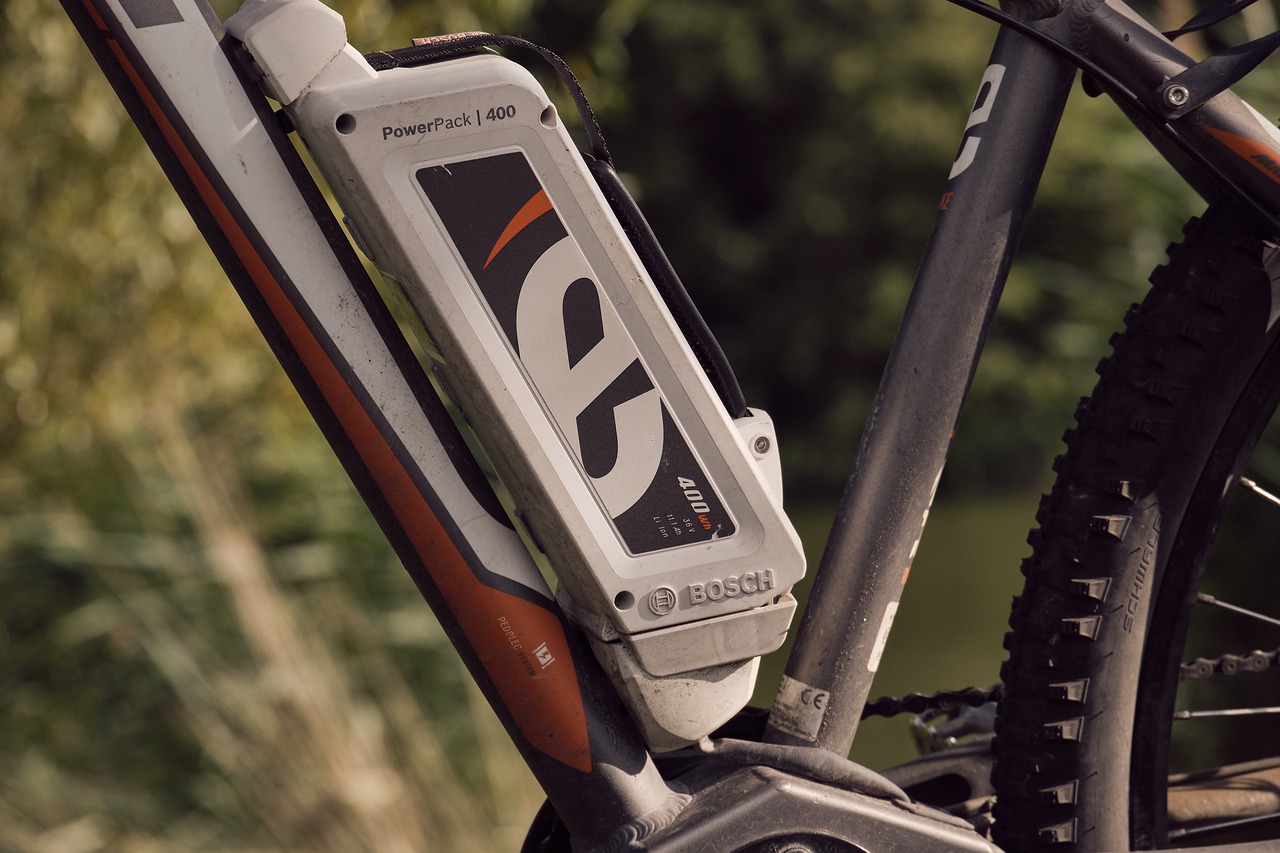As President Biden gears up to give electric car buyers a federally subsidized discount, advocates are urging Congress not to forget the other electric vehicle that can do far more to save the planet: the humble electric bicycle.
Congressional Bike Caucus Chairman Earl Blumenauer (D-Ore.) and Rep. Jimmy Panetta (D-Calif.) are pushing the Electric Bicycle Incentive Kickstart for the Environment (E-BIKE) Act, which would offer Americans of all income levels a refundable 30-percent tax credit for purchasing a pedal-assist bicycle. Notably, the credit would be renewable every three years, and married people who wanted to each buy their own e-bike would both be able to take advantage of the program.
The bill was applauded by advocates who think electrification is essential to increasing the popularity of biking, especially among people of varying fitness levels, physical abilities and ages. Surveys of e-bike converts suggest that people who choose pedal-assist ride more often and for longer distances than they did when they rode acoustic bikes; 28 percent of them give up car ownership altogether, and those that don't trade four wheels for two still replace an average of 46 percent of their car commutes and 30 percent of their driving errands with e-bike rides.
"Electric bicycles open up the activity of bicycling to so many more people," said Noa Banayan of People for Bikes, which helped write the bill. "You’re out in the weather for less time, it makes hills easier, and if you have a cargo e-bike, it makes going to the grocery store or getting your kids to school by bike a whole lot easier. That boost can do so much to break down the barriers to get people where they need to go."

Aside from expanding the mobility of individual Americans, advocates say there are good environmental reasons why the Biden administration should make e-bikes a priority in the next infrastructure bill when the FAST Act expires in September. The president promised to provide rebates to electric car buyers on the campaign trail, but made no mention of a similar program for e-cyclists.
Some found that omission troubling, because e-bikes are undoubtedly a greener choice than e-cars — and especially for the 46 percent of vehicle trips under three miles that Americans currently take by automobile, they should be a no-brainer. (Or at least they would be in a kinder world where e-cyclists didn't have to fear traffic violence, state and vigilante violence against BIPOC riders, and other barriers to riding.) Even at a relatively hefty average weight of 35 to 70 pounds (plus more for cargo bikes,) the e-bike is still a marvel of efficiency that requires less combined kinetic and electric energy to travel one kilometer than it takes a human being to walk the same distance on his or her own power — and they need only a tiny fraction of what it takes to propel even the cleanest 2,000-pound car that far.
One study found that if every American replaced even just 15 percent of her vehicle miles travelled with an e-bike trip, it could reduce U.S. emissions by as much as 12 percent.
Of course, proponents of the E-BIKE Act recognize that this bill alone won't be enough to actually hit that milestone, because major challenges remain in the realm of road infrastructure, bike storage, charging, policy, and beyond. But making surprisingly expensive e-bikes a little cheaper is the kind of low-hanging fruit that lawmakers can help with right now, while the public appetite is high for subsidizing green vehicle purchases.
"We were working within the confines of US tax code on this bill," Banayan explained. "That certainly doesn’t mean this will be the only tax benefit we’ll put forward — or the only tool we'll use to get more e-bikes on the road."
And those tools extend beyond lawmaking, too.
"I just got off the phone with someone from the bike industry to talk about different financing instruments for e-bikes that folks in that space could support to make this technology more accessible, even outside of the bill itself," Banayan adds.

That wide-ranging approach might help address one of the most common critiques of vehicle rebate programs, which is that they primarily benefit the rich. Conservative groups like the American Enterprise Institute have pointed out that households with annual incomes over $100,000 have constituted the vast majority of the beneficiaries of electric and hybrid vehicle subsidies, though some researchers say that's a pretty good argument to just restructure those programs so they're actually accessible to more people.
Even an expensive e-bike, of course, can usually be bought for a whole lot less than the down payment alone on a typical electric car; l0w-end models run as little as $400, or $280 after the proposed credit. Still, the authors of the bill have taken proactive steps to make sure that it benefits a maximum number of low and no-income Americans.
"Equity was in mind from the start of this bill," said Banayan. "That's why we made sure that this is a refundable tax credit, so even if you don’t have income to report on our taxes, you can still participate. And we also made sure to include a mandatory IRS report in the bill, so that after after two years, we'll have a breakdown of who took advantage of the tax credit by tax bracket."
But the first step is to get the bill passed — and get more butts on bike seats.
"It’s money back in your pocket for riding a bike. It’s as simple as that," Banayan emphasized. "Electric bicycles aren’t a silver bullet to fight the worst effects of climate change. But if we’re going to talk about incentives for electric vehicles, we have to talk about bikes, too."






